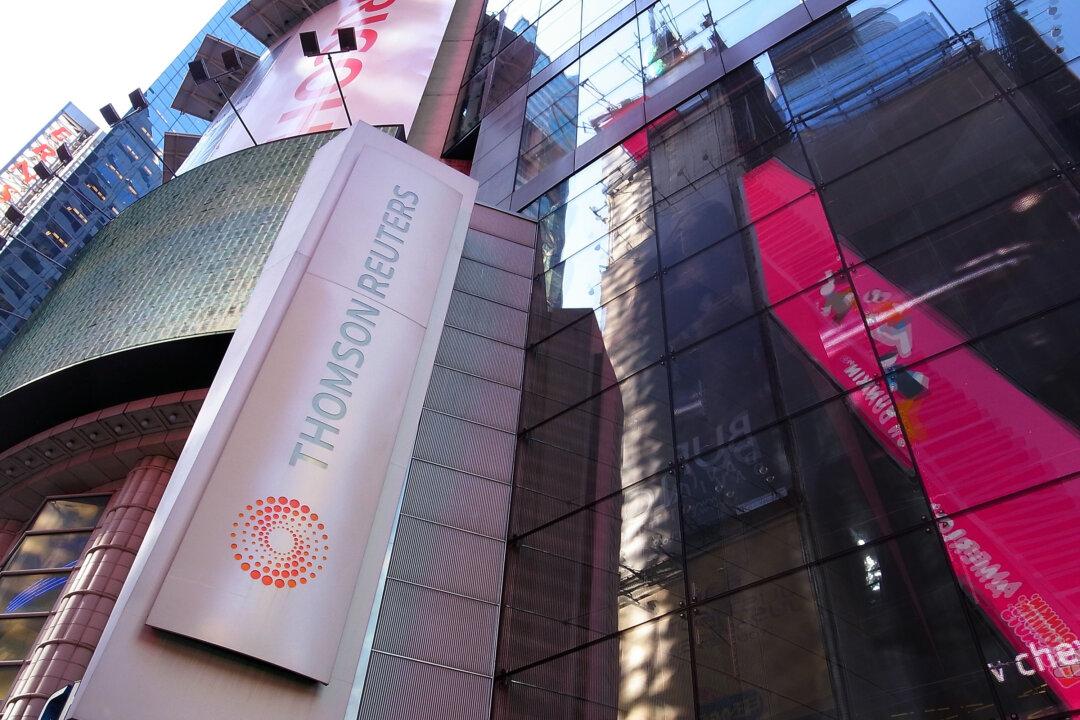Some of the oldest media organizations in the world illegally colluded with Big Tech companies to censor news publishers, according to a new lawsuit.
Reuters, the Associated Press, the BBC, and the other organizations violated U.S. law with the collusion, which was done after forming a new coalition called the Trusted News Initiative (TNI), the 108-page suit alleges.





